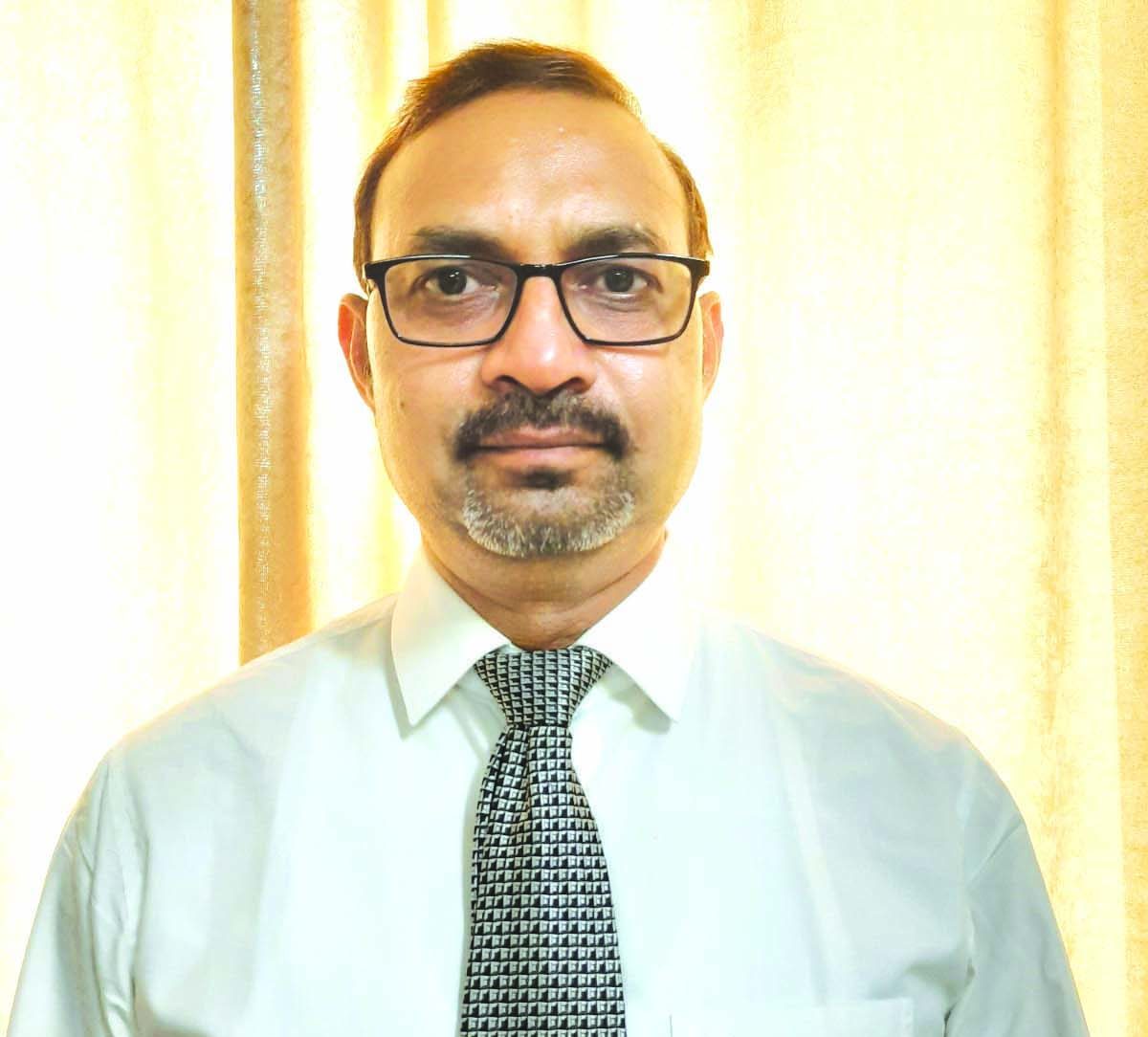-Debasish Roy (Noida)

Although students in india experienced the world’s highest learning loss because of the most prolonged shutdown of education institutions from pre-primaries to universities during the Covid-19 pandemic, the number of enrolments and awards for Ph D degrees rose significantly.
Even in higher education institutions where the number of Ph D admissions took a minor dip, a high level of engagement and improvement in quality publications was witnessed. “We have seen a spurt in quality publications by Ph D scholars during the pandemic period. Our scholars were able to devote much more time to attend international online conferences and webinars, writing research articles and theses, resulting in an increase in the number of Ph D degrees awarded during 2020 and 2021,” says Dr. K.M. Soni, dean of research at the top-ranked Amity University, Noida.
The Regent Education and Research Foundation (RERF), Barrackpore (West Bengal), a late entrant into research which recently admitted its first batch of students writing M.Sc, B.Tech and other degree programmes, has also witnessed a record 63 percent of postgrads signing up for higher research in fields related to biological sciences.
This rush of candidates for Ph D studies is unprecedented, says Dr. Pijush Mallick, director of the School of Life Sciences and Allied Health Sciences at Swami Vivekananda University, Barrackpore. “Applications for doctorate studies in biology and related fields have increased manifold. However, engineering students still prefer gainful employment to academic research,” says Mallick.
Dr. Mosiur Rahaman, principal scientist at the Hyderabad-based Nuziveedu Seeds Ltd, supports this assessment. “Even private corporates, which are not deeply into product and fundamental research have taken many strides forward to intensify research activities so that when the world becomes normal again, we are ready with innovative products,” says Rahaman.
Dr. Rahaman’s team at Nuziveedu Seeds is actively involved in developing 12 new varieties of high-yielding jute seeds, quite a few of which have been endorsed officially by the Union ministry of agriculture.
Disappointed by India Inc’s disinterest in research and innovation, Prof. Swapan Kumar Datta, vice chancellor, Biswa Bangla University, Kolkata, stresses that government support for R&D in universities is vital. “Government grants to universities have to increase to build the infrastructure for research, which is essential for stimulating R&D activity,” says Datta, a well-respected pioneer of agricultural research in India, with several years of R&D experience in Germany and Japan.
Reassuringly, the privately promoted Amity University (Noida) has stepped up its R&D activity and awarded 284 Ph Ds in 2021. “During the Covid-19 pandemic, nearly 1.2 billion students worldwide were learning from home on digital platforms. Amity was no exception. As per guidelines prescribed by the University Grants Commission, we migrated all activities to e-learning/virtual mode to avoid academic loss to Ph D scholars, and ensured that their research activity was uninterrupted,” says K.M. Soni (quoted earlier).
Although the spurt in R&D activity and number of postgrad students opting for doctoral studies is a silver lining to the dark pandemic cloud that has disrupted the education of 300 million children and youth for an unwarrantedly prolonged interregnum of 82-90 weeks, it’s too early to assess whether this will yield useful outcomes in terms of marketable products and services. Regrettably, Indian universities tend to award Ph Ds too easily without scholars being rigorously cross-examined on their Ph D dissertations.























